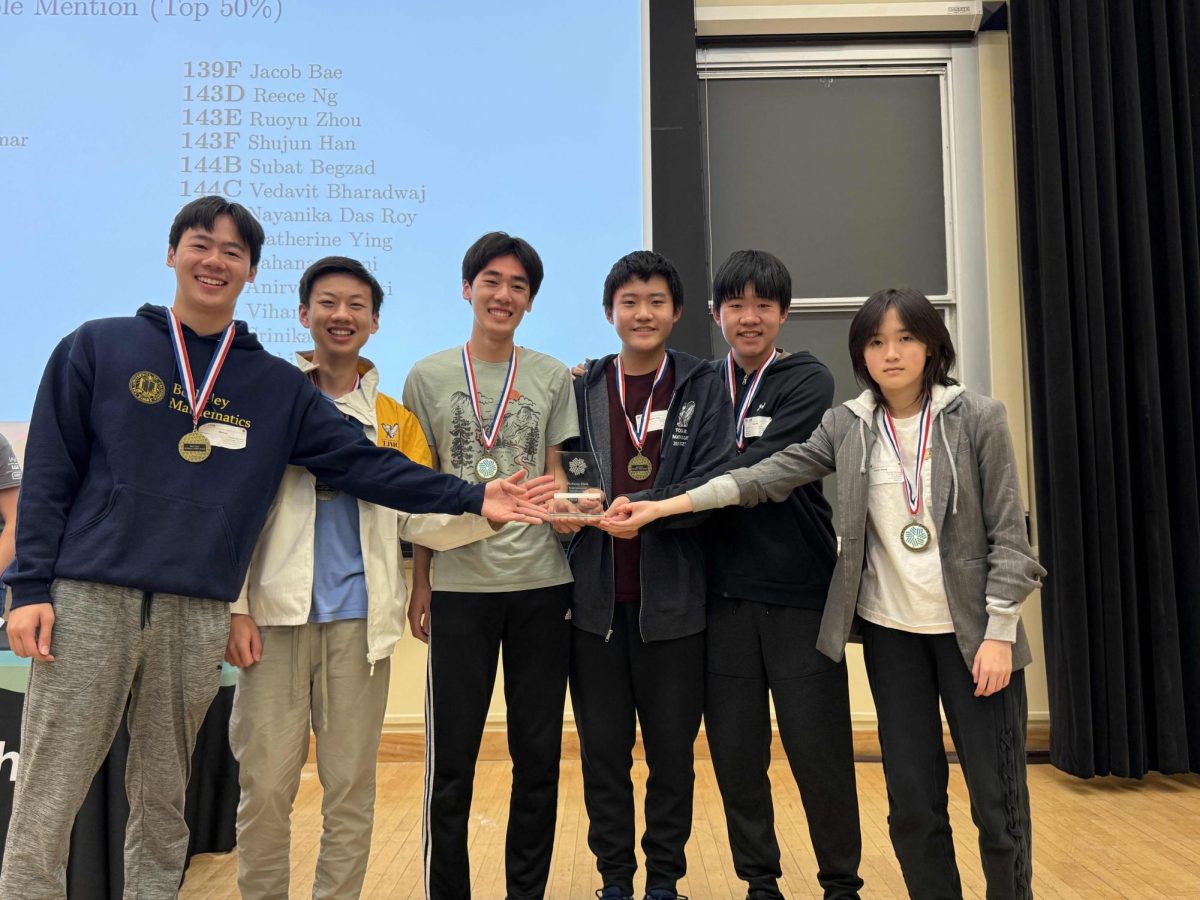The peaceful room is silent apart from the flipping of pages and the scratching of pencils on paper. Students sit at individual desks, checking their work and scribbling down final answers before returning to class.
The Testing and Learning Center, better known as the TLC, is a multi-room facility where students with special accommodations for their learning needs go to complete their tests, finals and other academic activities, such as state testing.
Students in the TLC usually have either a 504 plan or an Individualized Education Plan. A 504 plan allows the student to have accommodations, such as changes in environment, instruction, etc., as well as possible related services such as speech-language therapy or study skills classes that ensure students’ success. An IEP is similar, except it additionally creates goals for students to try and achieve throughout the course of the year.
Specialized testing settings like the TLC are allowed for students if they are deemed necessary by a team of specialists. Prior to accommodations being given, meetings are held that involve students, parents, guidance counselors, school psychologists, administrators and sometimes consultants, assistant principal Kerry Mohnike said.
“It really depends on the level of need as determined by doctors or the assessments that are done,” Mohnike said.
The TLC, founded about 15 years ago, offers students with accommodations a quiet, interruption-free space where they can get extra time on tests and quizzes.
Sophomore Andrew Hong, who occasionally goes to the TLC for testing, said he finds the environment there helpful and calming.
“I like using the TLC because it helps me manage my time and focus on tests instead of worrying about other students and how fast they finish,” Hong said.
Other students had similar experiences. The quiet atmosphere, including even the droning of the room’s air conditioning, helps them concentrate better. Students also feel that being surrounded by other hard-working students encourages them to work harder as well.
The TLC can also help students by offering an alternate testing environment for those who can’t work as well in a regular classroom.
For example, students who have difficulty with reading, such as those with dyslexia, may be provided with test administrators who read test questions out loud. Others, who are sensitive to light, can get darker rooms to test in. For most, the simple quiet and relaxed atmosphere makes a difference.
“The TLC can be helpful for students when they are a little rushed,” said Hong. “Some get stuck on tests and get anxiety when other students finish before them.”
This year, resource aide Lindsey Harris is the new head of the TLC. She also coordinates and administers finals and state testing.
Organizers say the TLC helps more than 100 students annually.
For senior Monica Stratakos, the TLC was a great way to catch up on missed work. Due to severe migraines, Stratakos missed a lot of her junior year, especially her morning classes. She found herself falling behind her classmates.
Because of this, she would go to the TLC to finish tests and other work she had missed.
“The TLC is very peaceful, organized, and the administrator was very helpful,” Stratakos said. “The TLC was useful because it helped me get back on track when I was so behind.”
Special Education teacher Daniel Wallace thinks that the TLC is the perfect setting for students when taking tests. He also thinks that students having to get up and walk there can help some of them during long class periods, as it gets their blood flowing.
A small detail that seems to be a problem for some students is the dim lighting in the TLC, which is helpful to some but distracting for others.
One student interview said he has noticed that some students sometimes fall asleep there, perhaps because of the lack of light. Regardless, for students who need accommodations regarding testing, the TLC can help with learning and focus.
“It's a great place for students who need extra time on tests and quizzes,” Wallace said. “It's an amazing environment for them.”

























